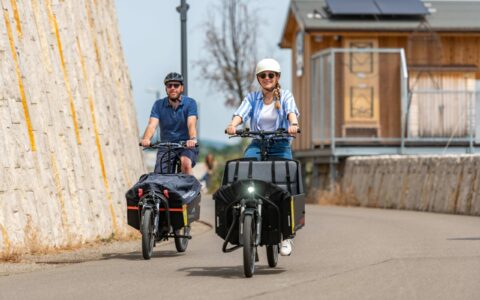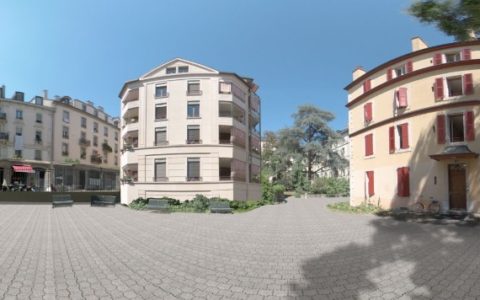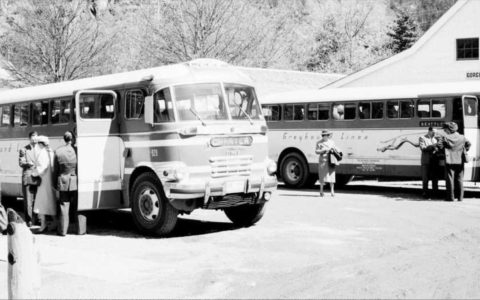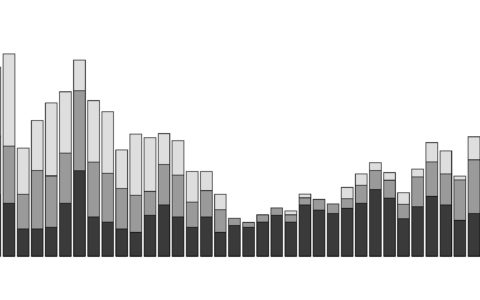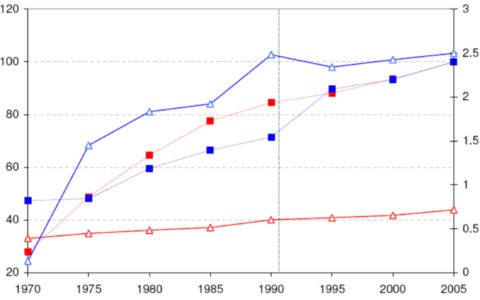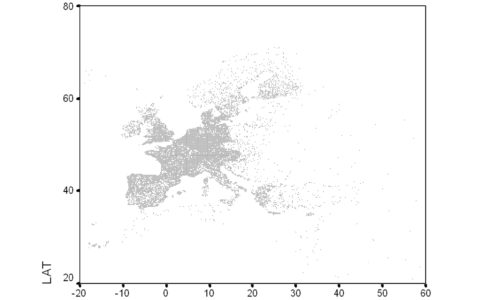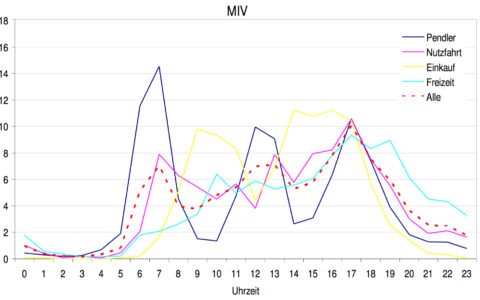Prof. Dr. Kay W. Axhausen | Traffic and Transport Planning
Mobility Biographies
A Life-course Approach to Travel Behaviour and Residential Choice (D-A-CH)
In recent years, the mobility biography approach has been developed to study stability and changes in travel behaviour of individuals over their life course. Such changes are expected to become increasingly complex in the future due to societal trends such as labour market changes, individualisation and pluralisation of household and family structures. Mobility biographies have been related to three elements in the life course: household and family structures, employment, and residential biographies. Moreover, mobility biographies are related to changing lifestyle orientations and values as well as to changing framework conditions, such as the built environment, or transport pricing. Over and above individual life courses, mobility biographies differ significantly from one generation to another due to changing technological, political, social or economical conditions.
The project examines selected aspects of mobility biographies, including:
- effects of changes in the household and family structure, residential relocations and employment career transitions on car ownership, travel mode choice and travel distances
- inter-generational similarities and differences in residential preferences, travel attitudes and travel behaviour of young adults, their parents and grandparents
- effects of experience and learning in childhood (socialisation effects) on residential preferences, travel preferences and travel behaviour in later adulthood.
This is done by analysing existing, as yet unused data retrospectively collected from a sample of students, their parents and grandparents. The content of the project as well as the methodology applied will extend current research frontiers in travel and life course studies. It will go significantly beyond the state of the art and contribute to overcoming the dominating static approaches in travel research.
